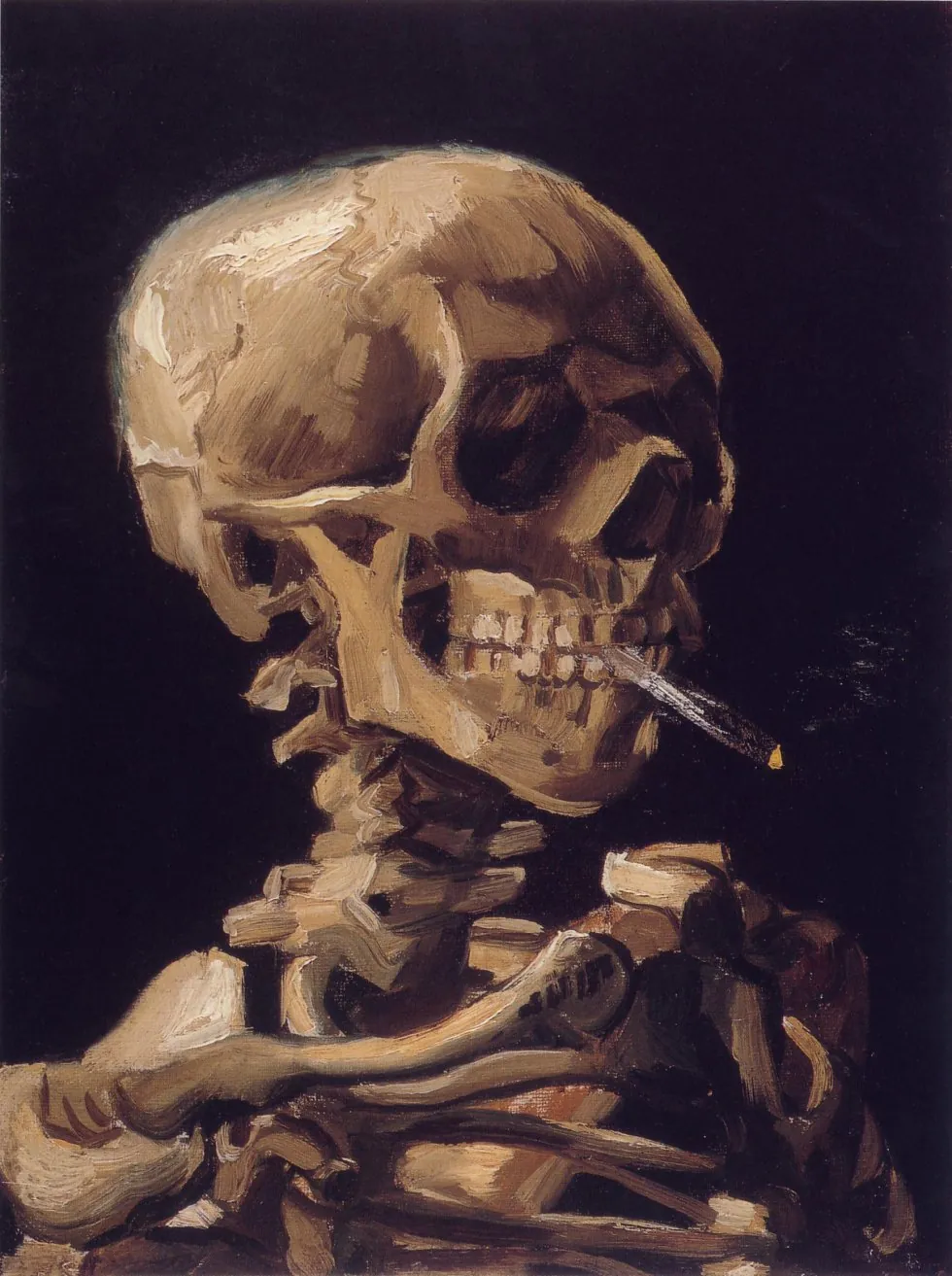In The American Empire has Alzheimer's, we saw how the US had repeatedly been rebuffing forecasting-style feedback loops that could have prevented their military and policy failures. In A Critical Review of Open Philanthropy’s Bet On Criminal Justice Reform, we saw how Open Philanthropy, a large foundation, spent and additional $100M in a cause they no longer thought was optimal. In A Modest Proposal For Animal Charity Evaluators (ACE) (unpublished), we saw how ACE had moved away from quantitative evaluations, reducing their ability to find out which animal charities were best. In External Evaluation of the Effective Altruism Wiki, we saw someone spending his time less than maximally ambitiously. In My experience with a Potemkin Effective Altruism group (unpublished), we saw how an otherwise well-intentioned group of decent people mostly just kept chugging along producing a negligible impact on the world. As for my own personal failures, I just come out of having spent the last couple of years making a bet on ambitious value estimation that flopped in comparison to what it could have been. I could go on.
Those and all other failures could have been avoided if only those involved had just been harder, better, faster, stronger. I like the word "formidable" as a shorthand here.
In this post, I offer some impressionistic, subpar, incomplete speculation about why my civilization, the people around me, and myself are just generally not as formidable as we could maximally be. Why are we not more awesome? Why are we not attaining the heights that might be within our reach?
These hypotheses are salient to me:
- Today's cultural templates and default pipelines don't create formidable humans.
- Other values, like niceness, welcomingness, humility, status, tranquility, stability, job security and comfort trade off against formidability.
- In particular, becoming formidable requires keeping close to the truth, but convenient lies and self-deceptions are too useful as tools to attain other goals.
- Being formidable at a group level might require exceptional leaders, competent organizational structures, or healthy community dynamics, which we don't have.
I'll present these possible root causes, and then suggest possible solutions for each. My preferred course of action would be to attack this bottleneck on all fronts.
Post continued here. I'm posting to The Motte since I really appreciated the high quality comments from here on previous posts.


Jump in the discussion.
No email address required.
Notes -
Who are the most formidable people in history? Surely, Napoleon, Hitler, Julius Caesar, Genghis Khan, Mao are at the top of the list. They came from humble origins and carved their names into history. Great men arrive (or are allowed to reach prominence) in times of uncertainty. The French Revolution, Weimar Germany, late Republican crisis (Sulla and Marius were ripping the state apart before Caesar had a chance to start his own civil war), general anarchy in tribal Mongolia, the Century of Humiliation in China...
I think when things are really stable, you get ossification and decay. You get low-variance, middling people running things: people who have connections, people who do a pretty poor job but nobody really needs excellent work. When there's a desperate need for high-performance, when there's instability and mediocre won't cut it, then power goes to the great men, people who get things done.
Maybe I'm just rehashing 'good times breed weak men, weak men make harsh times'. Even so, isn't there a clash of personality types? I think Elon Musk and Dominic Cummings are the closest we have to the great men 'type' today, aiming for performance above all else. Elon Musk is widely hated and disliked by the usual suspects in government and acceptable society, Cummings got outmanoeuvred by the other politicians and media. If you think Cummings is a stretch for a great man, sure, I think he's an example of the ones that get shot down in times of relative peace and prosperity.
Cummings was never a politician. He was a political technologist, someone who could be hired and fired at will.
He could never be a politician in a democratic society. I mean, I'd probably vote for him, but most people absolutely hated him, and would likely have hated him even without the media campaign against him. Maybe if he looked like Henry Cavill he might have a shot. (not clear how good leadership instincts he has)
More options
Context Copy link
I think military greatness is a red-herring here: I don't think that it's a realistic shot at greatness for readers here. Starting a religion, or a billion-dollar startup, or a social/political movement seems much easier.
Maybe so, but it's a useful handle nonetheless.
I'm not sure about them two. I prefer Peter Thiel as an example. He was:
and like, these aren't world-changing, but he's still got time, and he isn't constrained by fickle political winds.
Oh yeah Thiel would also count, I thought of him. Soros too, I think.
Bismark Analysis has a pretty great analysis of Soros here: https://brief.bismarckanalysis.com/p/the-legacy-of-george-soros-open-society, which might be of interest.
More options
Context Copy link
More options
Context Copy link
More options
Context Copy link
More options
Context Copy link